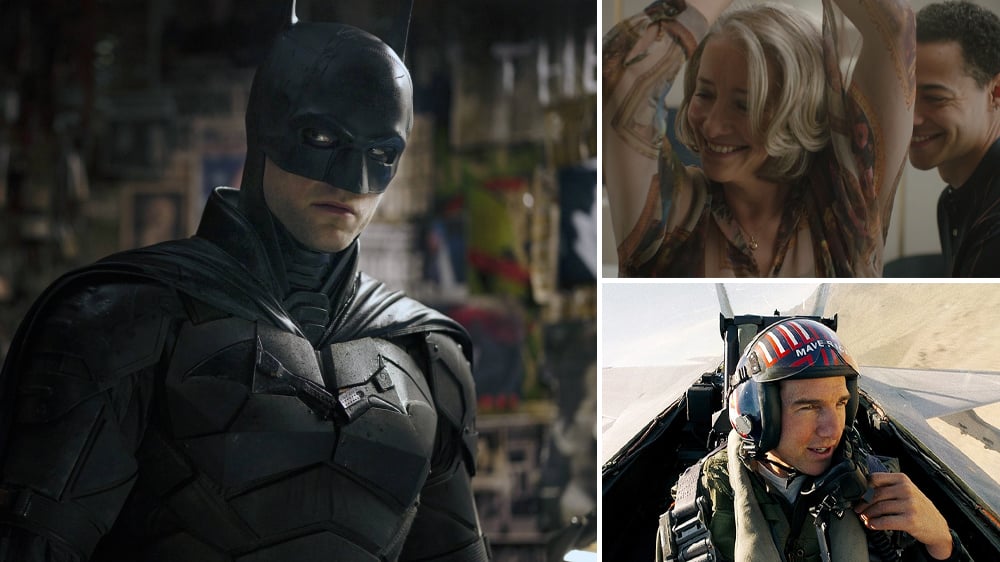Blockbusters are back, and so are audiences, judging by the billion-dollar take of Tom Cruise’s “Top Gun: Maverick,” or the indie underdog sensation that is “Everything Everywhere All at Once.” But now that moviegoers once again have a full range of offerings to choose from (after too long a stretch of being stuck at home with streaming options), the age-old question looms: Which movies are worth leaving your bubble to see? Variety chief film critics Peter Debruge and Owen Gleiberman look back at the first six months of 2022, selecting the movie gems that have stood out the most.
From Variety US































